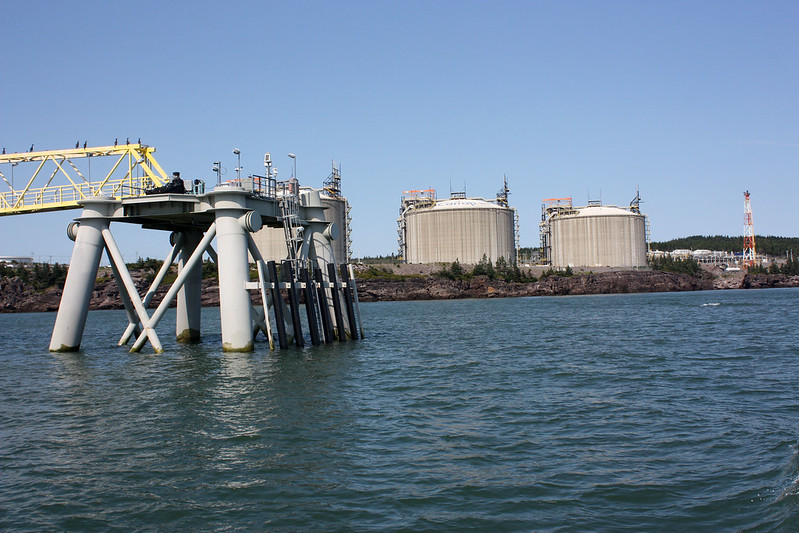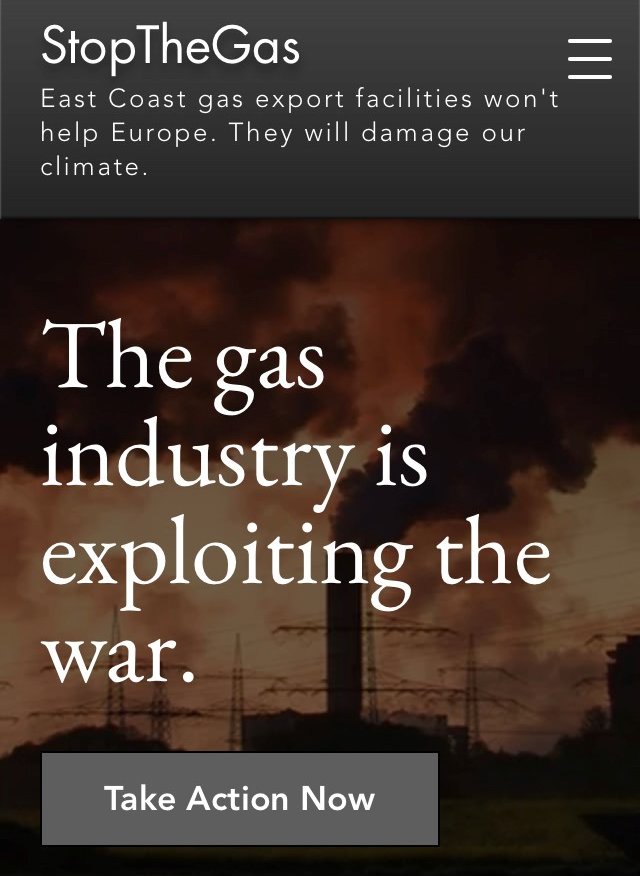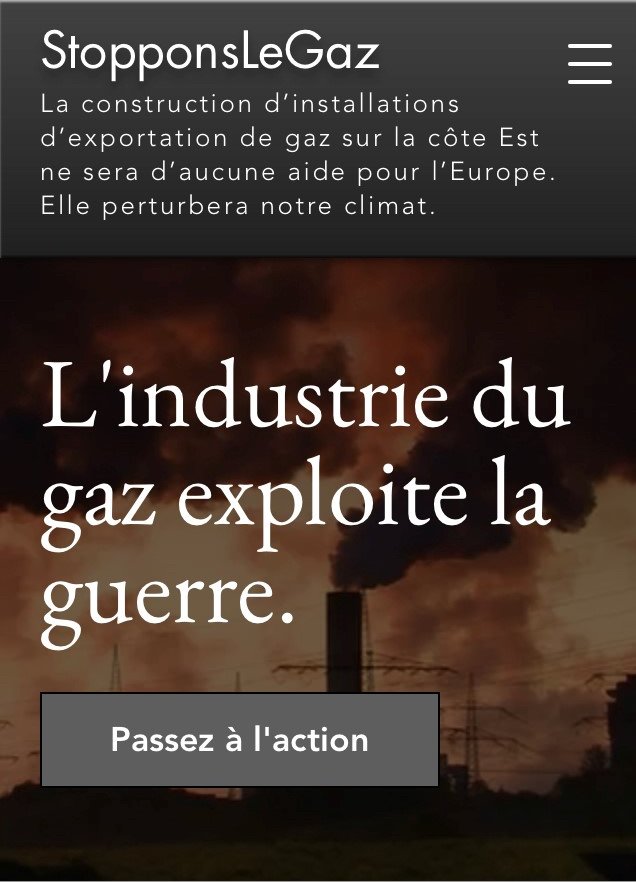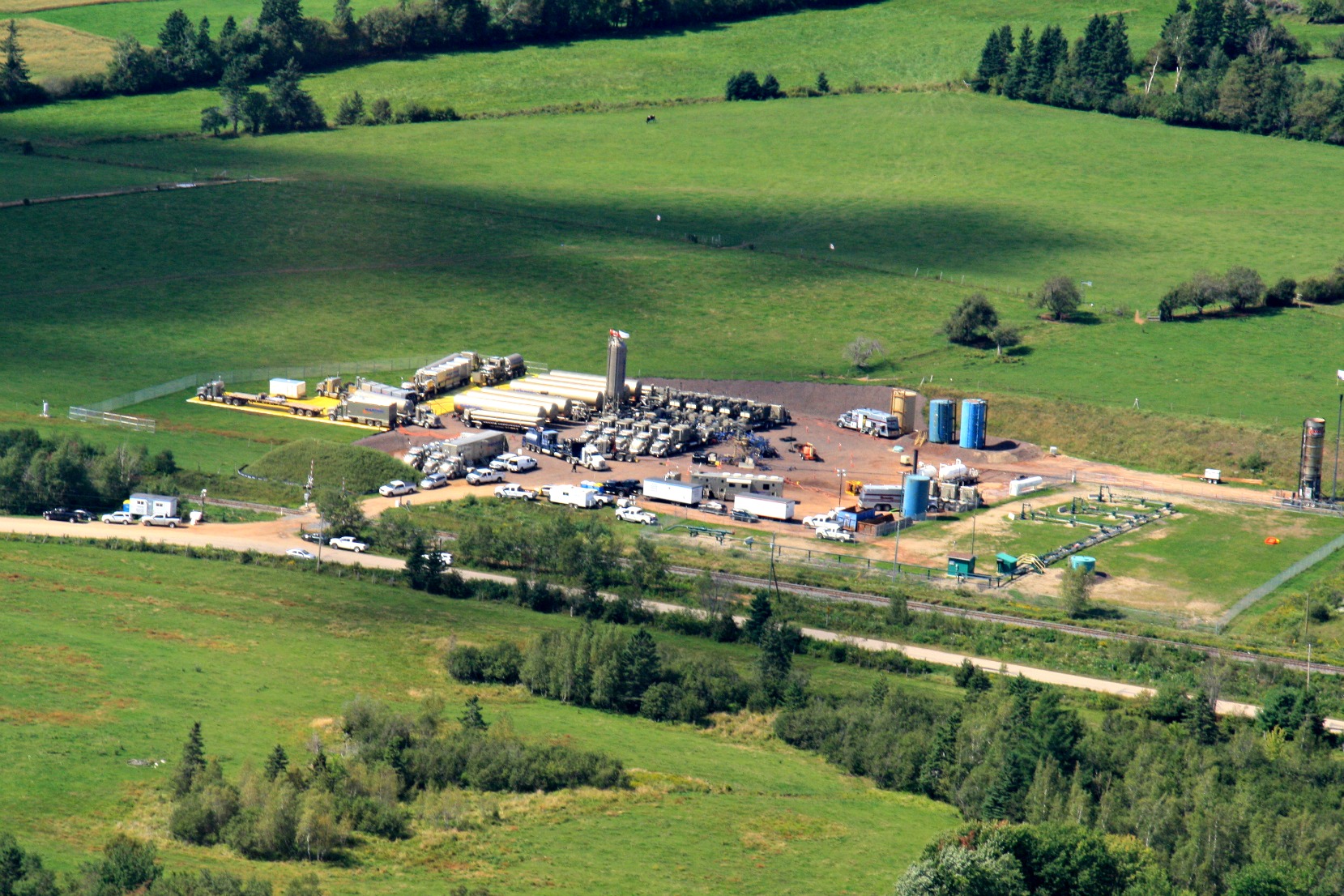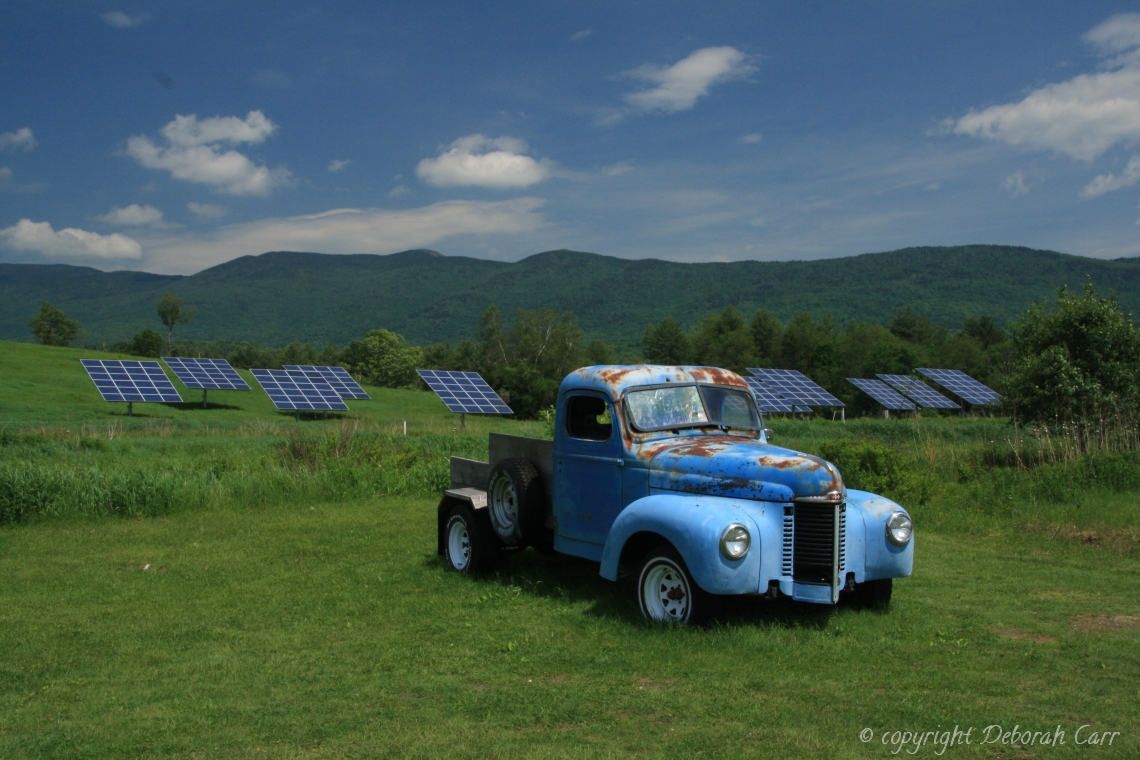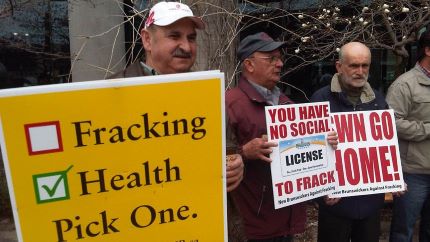
By Jim Emberger – Special to Brunswick News – Published Apr 15, 2024
The Telegraph Journal’s editorial board advice (Editorial: Drop NB’s gas moratorium, Apr 11, 2024), to Premier Blaine Higgs, to lift the fracking moratorium, without satisfying the conditions for doing so, was shocking in its lack of both historic and scientific context.
Ten years ago, the provincial government convened a non-partisan Commission of Hydro-Fracturing, which took weeks of testimony from residents, industries, NGOs and expert witnesses from public health and science specialties. This resulted in the Gallant government establishing a moratorium on fracking, which was to be maintained indefinitely, unless several conditions were met.

